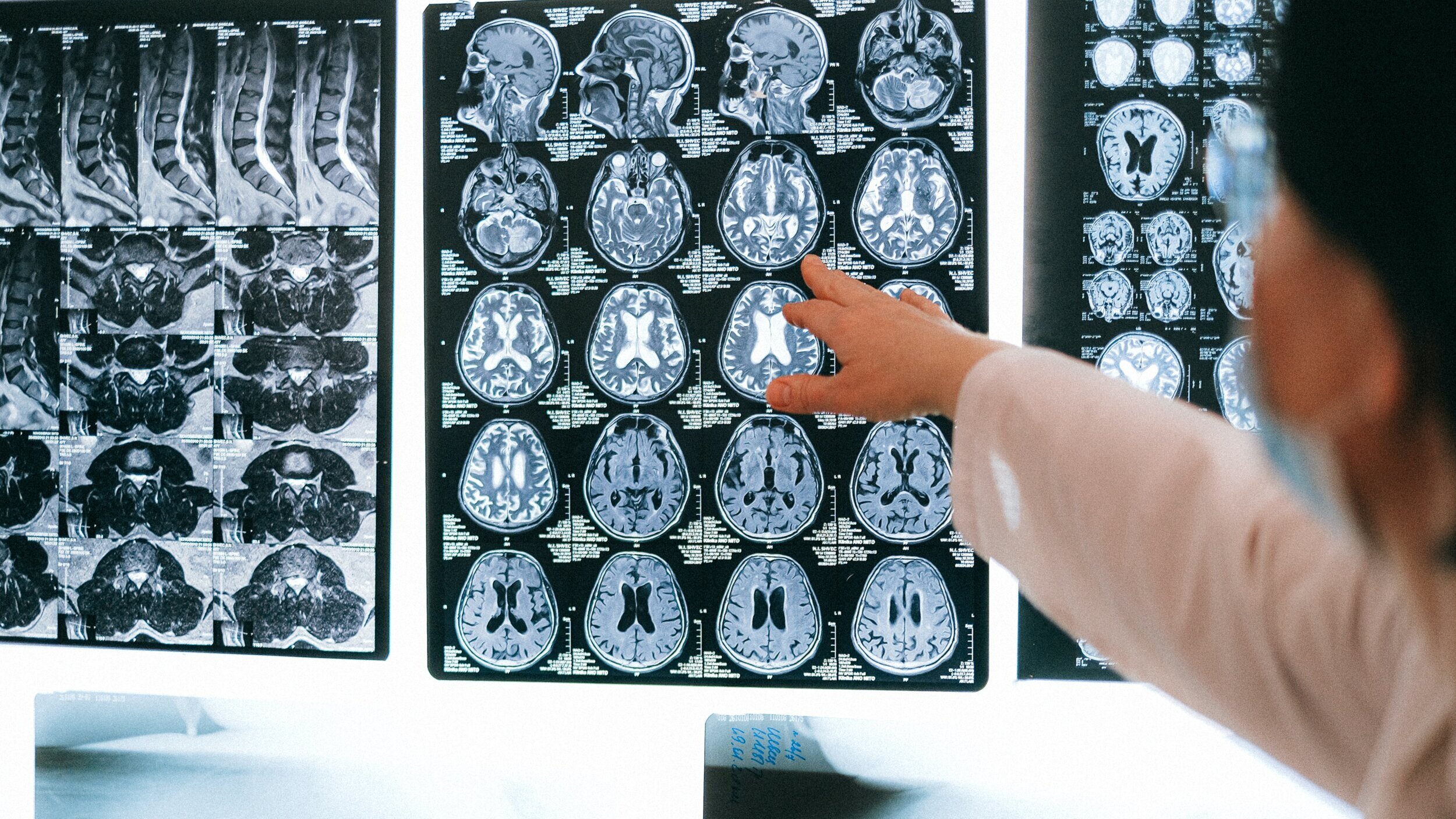
TRAUMA THERAPY IN SACRAMENTO
Trauma comes in many forms and can make your life feel permanently on hold.
We can help you stop feeling stuck in the past, ruminating on painful challenges that blew up your sense of wellbeing and confidence.

When you’re carrying unresolved trauma inside, it’s hard to find the good in life.
You feel disconnected—from your body, from your Self, and from others. Your trauma can feel like a hot blister on your psyche that is too painful to know what to do with.
More often than not, you’re at a loss for words to describe how you feel, because you don’t really know or maybe you don’t even want to know.
With trauma, it’s hard to feel grounded.
Instead, it often feels like you’re tiptoeing across a frozen lake, unsure just how thin the ice is. And maybe a part of you stopped caring about the cracks a long time ago, because each step feels heavier than the last.
Some people report feeling like they live outside of their body, watching life happen to them.
Whereas others feel caught between opposing worlds:
between reliving the trauma or dissociating from it
between feeling numb or being flooded with an array of intense and overwhelming emotions
between impulsivity and passivity
The central thing about trauma is that it leaves us feeling confused, particularly when we find ourselves in familiar repetitions.
Unprocessed trauma can make every day feel like Groundhog Day.

Trauma can affect how we view ourselves and the world.
Trauma can make you see yourself as broken and change the way you interpret the world around you. What previously felt possible, now seems impossible. What previously seemed safe, now seems unsafe.
Many express feeling like their life is doomed for suffering. They think things like, “There must be something wrong with me,” or “I must be so bad for [trauma] to have happened.”
Trauma can make you feel like there is no future, leaving you feeling stuck in the past with no visible way out.
Trauma is not uncommon.
When most people hear the word “trauma” they immediately think of war veterans or people who have experienced physical or sexual abuse.
The staggering reality is that trauma effects everyone and is more prevalent than we had once thought with most estimates placing it around 70% of the general population (2).
Further, many who have suffered trauma do not always present with symptoms (6).
In fact, trauma symptoms can lay dormant for several months to years until the right combination of stressors allow them to break free from their cage (3).

Initial trauma symptoms
sadness
feeling “out of it”
numbness
agitation
confusion
fatigue
Delayed trauma symptoms
chronic fatigue
insomnia or hypersomnia (excessive sleeping)
anxiety
unexplained physical pains
depression
nightmares
avoidance, especially of emotions
Severe Trauma Symptoms
intrusive thoughts and memories (flashbacks)
inability to achieve calm (hypervigilance)
pervasive dissociation
Trauma is not one-dimensional.
Everyone has different reactions to trauma because trauma is complex. Trauma can be affected by a number of factors, including culture, genetics, community and family (3).
Trauma can be a singular event, as is seen with acute-stress disorders (ASD) and post-traumatic stress disorder (PTSD), or an ongoing series of events, as is in the case of developmental trauma or complex post-traumatic stress disorder (C-PTSD).
Trauma can stem from:
threats to one’s life or family
destruction of one’s home or community
systemic oppression
seeing someone be killed
a habitually invalidating environment
emotional abuse
neglect
bullying
spiritual abuse
racism
abandonment
intergenerational trauma
medical illnesses and procedures
sexual or physical assault
war and violence

Other ways trauma shows up.
Many people walk around feeling anxious or depressed not knowing they are holding on to unresolved traumas (6). In fact, with trauma, anxiety and depression can be mechanisms of containment—our body’s way of trying to help; of letting us know something needs our attention.
It's highly likely, for instance, that some of you reading this will notice internal parts showing up who view your pain, struggle and desire for support as weakness or as too risky, or warn that you're too defective and that nothing will help.
This is normal with trauma and expected. Our thoughts, feelings and emotions all have jobs to do and are motivated by our body’s desire to maintain homeostasis (stability and normalcy) at all costs.
This is why many people find themselves in relationships that mimic past abusive versions—some of which they fought hard to get out of. Unconscious of their behavior, they seek out what feels familiar and known (6).
It’s important to remember that these parts of you are normal, and they may have helped protect you during times when you really needed them (1).
For example, survivors of sexual abuse often view their ability to dissociate as a protective response, because it was and can be. Their bodies responded to the abuse by shutting down and turning off the lights.
This can get in the way later, however, just as other coping mechanisms can and do, including substances, relationships, avoidance, impulsivity, screens, approval-seeking, disordered eating, and so on.
Trauma leaves us feeling frozen.
When you are stressed your frontal lobe is impacted and executive functioning shuts down (5). Our “reptilian” or primative brain takes over, and we lose access to our ability to think, choose and decide.
In the wild, this same “freeze” response is commonly activated when an animal is captured by a larger predator. It is where we get the concept of “playing dead” from.
However, this action is automatic and involuntary—it’s a survival strategy which can help the animal escape or dull the experience of pain.
But in our frozen state we are still recording and storing ideas about what is going on, along with all the fear and questions about our survival and ourselves. We then believe things about ourselves and the world because of these experiences.
Trauma affects the whole body.
Trauma is often thought of as a purely cerebral experience. We think of classic post-traumatic stress disorder (PTSD) or “shock trauma” symptoms like flashbacks, unwanted thoughts and nightmares.
But our minds are not the only place that trauma is recorded. Trauma researchers have discovered that trauma impacts and is actually stored in our bodies (1). In fact, to your body, physical and emotional pain register as being one and the same (6).
Thus, it should come as no shock to learn that people who have suffered trauma are at greater risk for poor physical health outcomes, including increased risk for cancers, diabetes, arthritis and digestive diseases (9); depression and impaired stress response (5); anxiety and substance abuse (3); and systemic inflammation (4).
You are not broken, you’re disconnected.
Too often we become convinced that we need something outside of ourselves to “fix” ourselves. Buying into this ignites a drive that commonly leads us down a path of relentless searching.
Many of our clients have recounted numerous failed attempts at finding a lasting answer—some find temporary relief in success and goal attainment, whereas others find it in drugs and alcohol, or in passivity or people-pleasing.
These are often attempts at keeping shame, guilt, fear, sadness or despair at bay. The inherent drawback of these ways of distracting is that they simply don’t last.
And so the search continues, along with the shame cycle, ushered in by those inner critics who berate us for turning to the only things we’ve found to quiet the inner storms—if only for a while.
Our familiar “broken” refrain returns, making change seem impossible and out of reach. We feel even more disconnected.
Whole Wellness Therapy offers trauma therapy online and at all of our Sacramento counseling office locations.
“As soon as you trust yourself, you will know how to live."
– Johann Von Goeth
Trauma therapy helps you edit the trauma script, but on your terms.
In the past, trauma interventions and trauma psychology centered on the belief that people needed to talk about the intimate details of their trauma in order to heal from them. However, research has retired these ideas, demonstrating instead that what is most important is to allow the individual to process trauma in whatever way works for them (3).
We promise we won’t ever rip off any bandaids and will always respect and go at your pace.
We view our role as guides who help you awaken and remove the roadblocks to your inner healing process, as our bodies and minds are designed to heal. If you break your arm, for example, your body knows just what to do to mend the break, and the bone actually heals back stronger. With the right guidance, the same can be said for emotional wounds.
Because research has shown that therapy can be more effective than medication (7, 8), we draw from evidence-based therapies like cognitive-behavioral therapy, acceptance and commitment therapy (10), sensory and mindfulness approaches, and family systems therapy, to help our clients get connected to themselves again.
Many of our clients express feeling freer and unburdened as a result of trauma therapy. Further, they report feeling like they can more readily access their creative, passionate, child-like sides, and no longer feel out of control.
Although trauma can affect you on every level, our experience has taught us that integrated healing is possible. With trauma counseling, we not only want to help you calm the storm that brought you in but help you get reconnected to yourself so that you feel whole again.
Research cited
A., V. D. (2015). The body keeps the score: Brain, mind, and body in the healing of trauma. New York: Penguin Books.
Benjet, C., Bromet, E., Karam, E. G., Kessler, R. C., McLaughlin, K. A., Ruscio, A. M., Shahly, V., Stein, D. J., Petukhova, M., Hill, E., Alonso, J., Atwoli, L., Bunting, B., Bruffaerts, R., Caldas-de-Almeida, J. M., de Girolamo, G., Florescu, S., Gureje, O., Huang, Y., Lepine, J. P., … Koenen, K. C. (2016). The epidemiology of traumatic event exposure worldwide: results from the World Mental Health Survey Consortium. Psychological medicine, 46(2), 327–343.
Center for Substance Abuse Treatment (US). (2014). Trauma-Informed Care in Behavioral Health Services. Substance Abuse and Mental Health Services Administration (US).
Danese, A., Pariante, C. M., Caspi, A., Taylor, A., & Poulton, R. (2007). Childhood maltreatment predicts adult inflammation in a life-course study. Proceedings of the National Academy of Sciences of the United States of America, 104(4), 1319–1324.
Heim, C., Newport, D. J., Mletzko, T., Miller, A. H., & Nemeroff, C. B. (2008). The link between childhood trauma and depression: insights from HPA axis studies in humans. Psychoneuroendocrinology, 33(6), 693–710.
Levine, P. A., & Frederick, A. (1997). Walking the tiger healing trauma: The innate capacity to transform overwhelming experiences. Berkeley, CA: North Atlantic Books.
McLean, C., & Follette, V. M. (2016). Acceptance and commitment therapy as a nonpathologizing intervention approach for survivors of trauma. Journal of trauma & dissociation : the official journal of the International Society for the Study of Dissociation (ISSD), 17(2), 138–150.
Nemeroff, C. B., Heim, C. M., Thase, M. E., Klein, D. N., Rush, A. J., Schatzberg, A. F., Ninan, P. T., McCullough, J. P., Jr, Weiss, P. M., Dunner, D. L., Rothbaum, B. O., Kornstein, S., Keitner, G., & Keller, M. B. (2003). Differential responses to psychotherapy versus pharmacotherapy in patients with chronic forms of major depression and childhood trauma. Proceedings of the National Academy of Sciences of the United States of America, 100(24), 14293–14296.
Norman, S. B., Means-Christensen, A. J., Craske, M. G., Sherbourne, C. D., Roy-Byrne, P. P., & Stein, M. B. (2006). Associations between psychological trauma and physical illness in primary care. Journal of traumatic stress, 19(4), 461–470.
Spidel, A., Daigneault, I., Kealy, D., & Lecomte, T. (2019). Acceptance and Commitment Therapy for Psychosis and Trauma: Investigating Links between Trauma Severity, Attachment and Outcome. Behavioural and cognitive psychotherapy, 47(2), 230–243.












